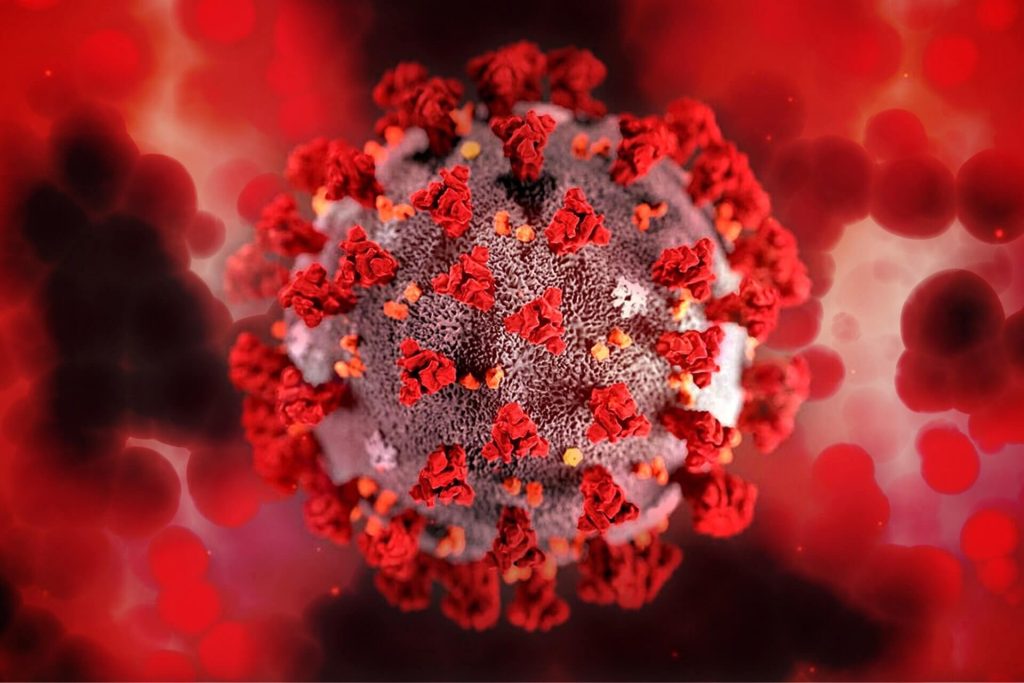Based on currently available genetic information, the risks of this variant of concern are high, according to preliminary data, the ECDC said on Friday evening.
The B.1.1.529 variant, first detected in southern Africa, is the most divergent variant that has been detected in significant numbers during the pandemic to date, raising serious concerns that it may significantly reduce the effectiveness of vaccines and increase the risk of reinfections.
“Today we are releasing a threat assessment on the emergence of a new Sars-COV-2 variant of concern. There is still considerable uncertainty related to the transmissibility, vaccine effectiveness, risk for reinfections and other properties of this variant. At this stage, based on our experience with previous variants we must be proactive and implement measures as a precaution to buy time until we gain more knowledge. Therefore, I would like to reiterate the three key recommendations from our rapid risk assessment from the 24th of November. Firstly, it is imperative we close the immunisation gap. Secondly, booster doses should be considered for all adult individuals, prioritising persons above 40 years of age. Finally, due to the uncertainties involved with this situation, the timely reinforced implementation of non-pharmaceutical interventions is now more important than ever,” said ECDC director Andrea Ammon.
The non-pharmaceutical interventions include the appropriate use of face masks, teleworking, operational modifications that reduce crowding on public transport, ensuring adequate ventilation in closed spaces and maintenance of hygiene measures that can be implemented immediately. Setting limits for the number of participants in social and public events during end-of-year celebrations will support physical distancing efforts.
Ammon said countries are again urged to give utmost priority to individuals initially targeted by COVID-19 vaccination programmes that remain unvaccinated or not yet fully vaccinated. Increasing COVID-19 vaccination coverage in all eligible age groups, but particularly in the elderly, in the vulnerable, and healthcare workers should remain the priority for public health authorities.
Public health authorities should identify those with an epidemiological link to cases with the new variant or travel history to areas known to be affected to control or delay the spread of the new variant, she said.
For more on lifestyle, follow TCN’s dedicated page.
For more about Croatia, CLICK HERE.











